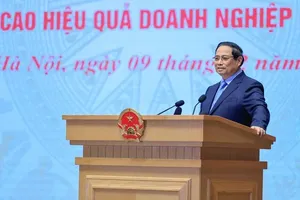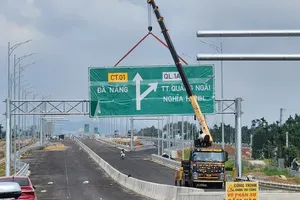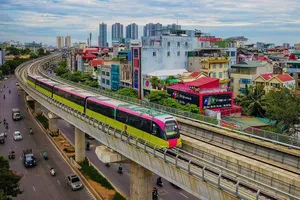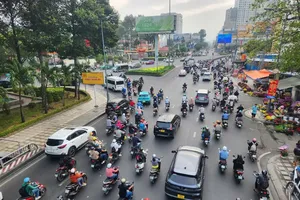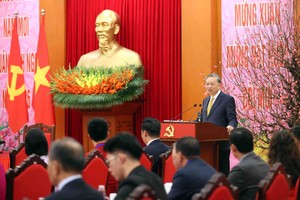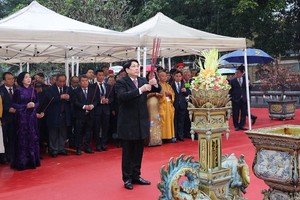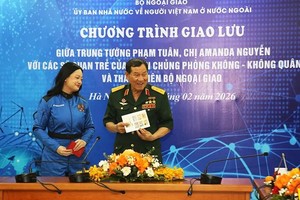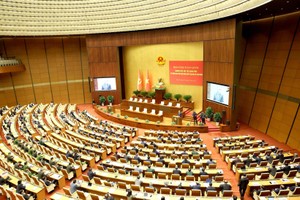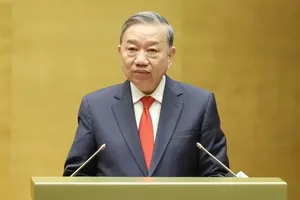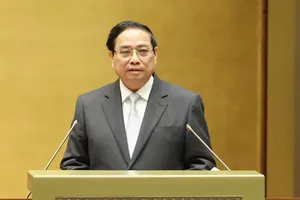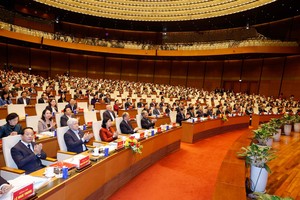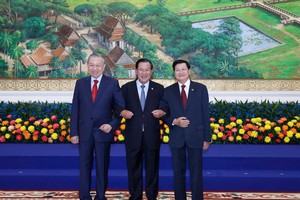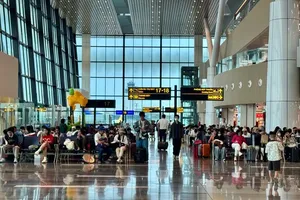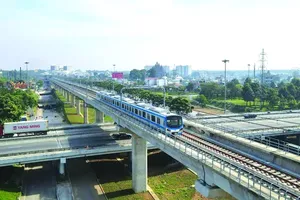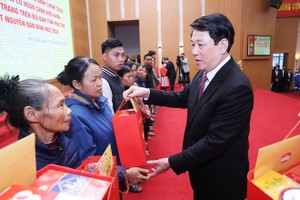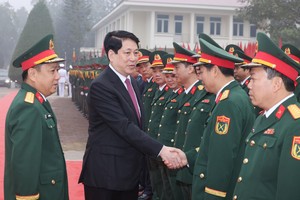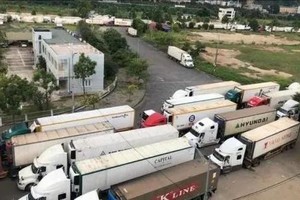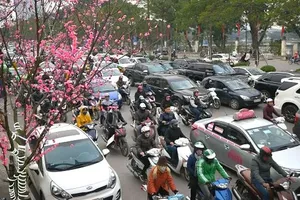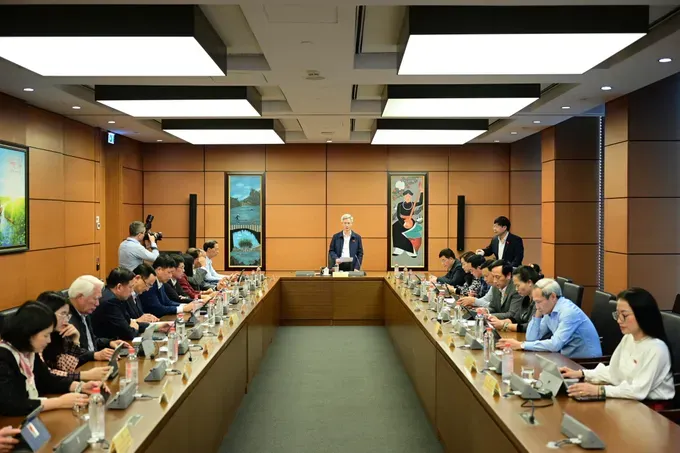
As discussions on the draft Law on Digital Transformation got underway, delegates acknowledged it’s a “difficult” bill. It was noted that, in reality, very few countries in the world even have a standalone, comprehensive law governing digital transformation.
Delegates, therefore, praised the Government’s thorough preparation but also expressed empathy for the drafting committee. Vietnam, they said, is “pioneering” this legislation, a move that naturally brings significant challenges and demands “meticulous research” to build a solid legal foundation for the nation’s digital push in the coming years.
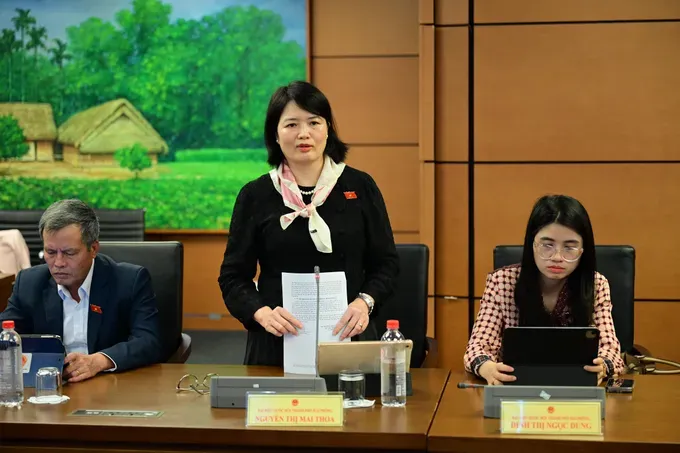
Delegate Nguyen Thi Mai Thoa from Hai Phong City focused on protecting children online, urging a review to avoid overlap with the Law on Cybersecurity. She called for concrete rules for schools and society, demanding a competent authority develop digital education programs for compulsory levels. She also argued schools must issue a “digital code of conduct” and teachers must guide students.
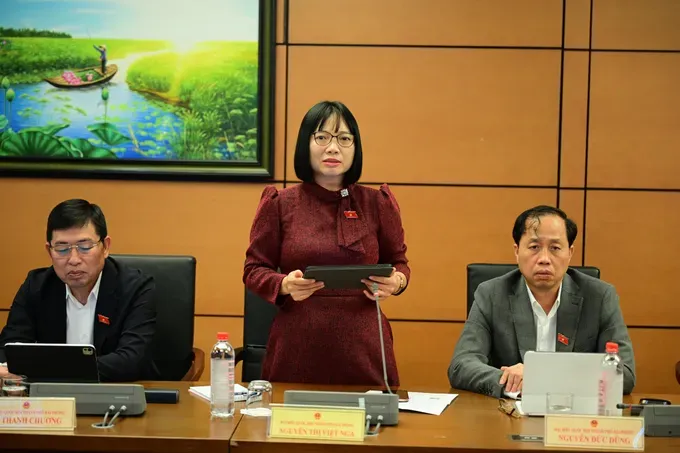
Delegate Nguyen Thi Viet Nga also from Hai Phong City, having studied the draft, called for a comprehensive review of its terminology. She pointed to Article 3, arguing the definitions were “not truly convincing.” For example, she said, “equating ‘digital transformation’ with ‘digitization’ is not the correct essence” of the concept. She also pointed out that the definition for “digital environment” appears to be identical to the “electronic environment” already defined in the Law on Electronic Transactions.
Delegate Nguyen Manh Hung and Le Quang Tung from Can Tho City noted terms like “digital economy” are imprecise and urged the committee to adjust them. Digital transformation is uneven, especially in disadvantaged localities. Therefore, the new law must include policies to attract investment projects for digital infrastructure in these regions.
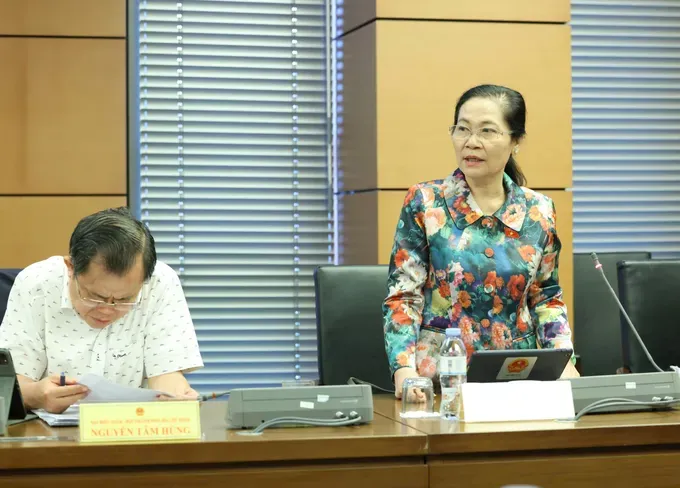
Delegate Nguyen Thi Le from HCMC stressed guaranteeing information safety, proposing clear accountability for state agencies for data leaks. She insisted cross-border e-commerce platforms must establish an office in Vietnam. She also urged digital skills education, “digital competency standards,” and severe sanctions for platforms with fake news.
In related news from the afternoon session, delegates also debated the draft (revised) Law on High Technology and the draft Law amending the Law on Technology Transfer. A key concern for many delegates was establishing strict controls to prevent outdated technology from being dumped in Vietnam.
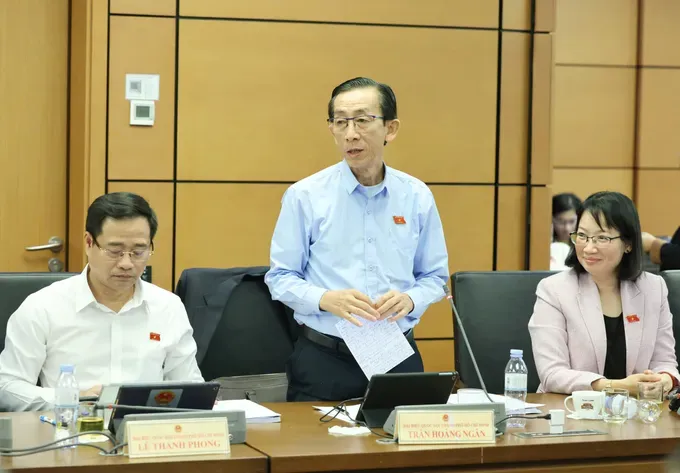
HCMC delegate Tran Hoang Ngan praised the draft Law on High Technology. He argued the strategic technologies list needs periodic updates by the Government, prioritizing “core technologies” like microchips, semiconductors, biotechnology. He added that medicine, treatment, preventive health, and agriculture must also be included on this list.
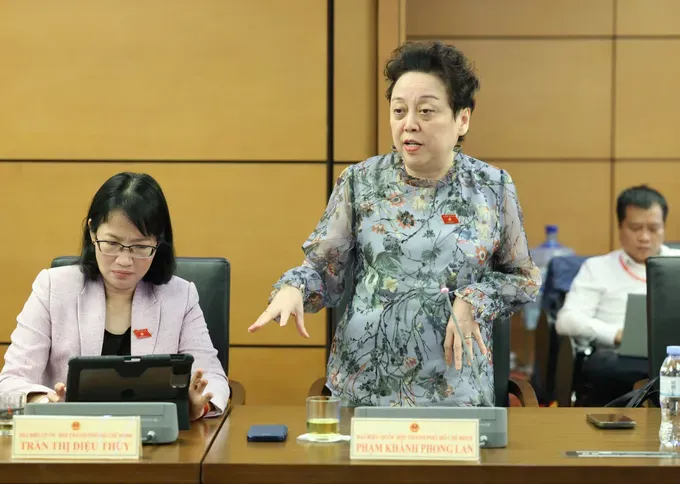
Delegate Pham Khanh Phong Lan (HCMC) pointed to a “long-standing headache”: defining high-tech for imports. Domestically, the hardest part is the output for commercialization. Ms. Lan stated bluntly the draft still doesn’t solve this, failing to prioritize “applicable” research over “super-advanced” things. She stressed defining high-tech to prevent importing “trash” technology, arguing the law seems geared toward state enterprises, while the private sector knows what high-tech is.
Ms. Lan also complained that administrative procedures are “strangling” tech imports. “A public hospital wants to import a modern machine, but by the time it gets through all required procedures, that machine is already outdated,” she said. This is why, she noted, most public hospitals don’t dare to buy new machines, while private ones do, because their procedures are smoother.
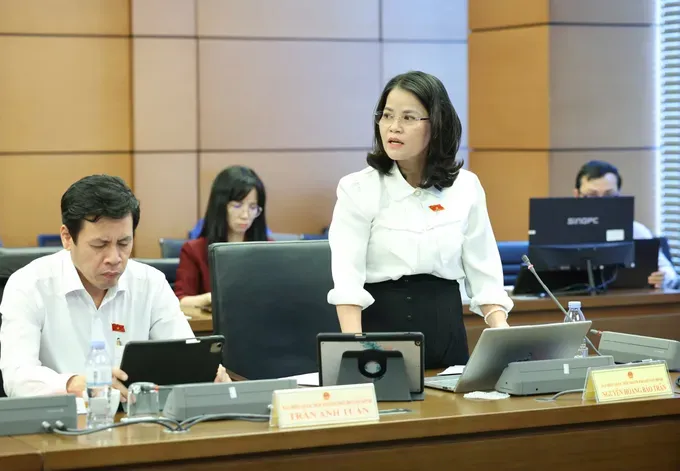
Delegate Nguyen Hoang Bao Tran (HCMC) called the omission of high-tech agricultural zones “inappropriate.” She argued the model has worked for over 10 years, citing HCMC’s zone as a successful key transfer hub with 10x value. She found the reason for removal – that some zones are ineffective – unconvincing. Stating it’s the “nucleus model” for high-tech agriculture transfer, she urged the committee to improve rather than remove the content, which received much support from other participants.
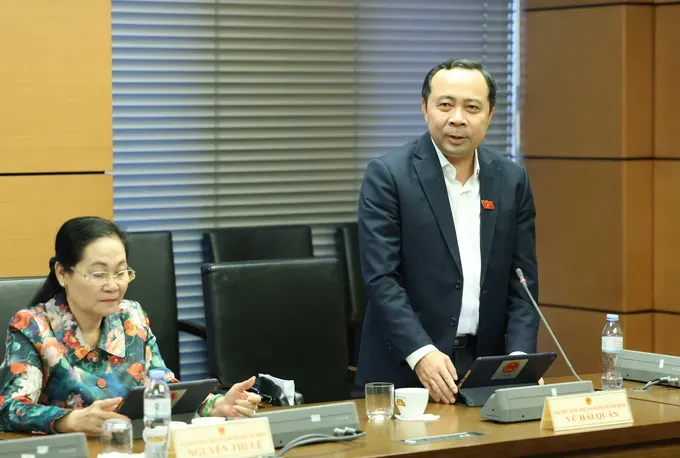
In response, delegate Vu Hai Quan (HCMC), who is also the Permanent Deputy Minister of Science and Technology, explained the drafting committee’s initial hesitation. “There were concerns that management was difficult and ineffective,” he said. “But many opinions countered that this was a ‘management responsibility’ issue, not a flaw in the model.” Therefore, he confirmed, “the newest version of the draft has put this content back in. If the National Assembly approves, the content on high-tech agricultural zones will be kept.”
Regarding the Law on Technology Transfer, delegate Nguyen Hoang Bao Tran proposed that it clearly list which technologies are banned from transfer. She also called for mandatory appraisal of technologies with high potential risk to health and the environment.
Delegate Nguyen Thi Le then agreed, suggesting the law add a handling mechanism when outdated technology transfer is discovered and compensation liability for any environmental pollution. For the law to have any teeth, she concluded, it needs real sanctions and substantive monitoring.
